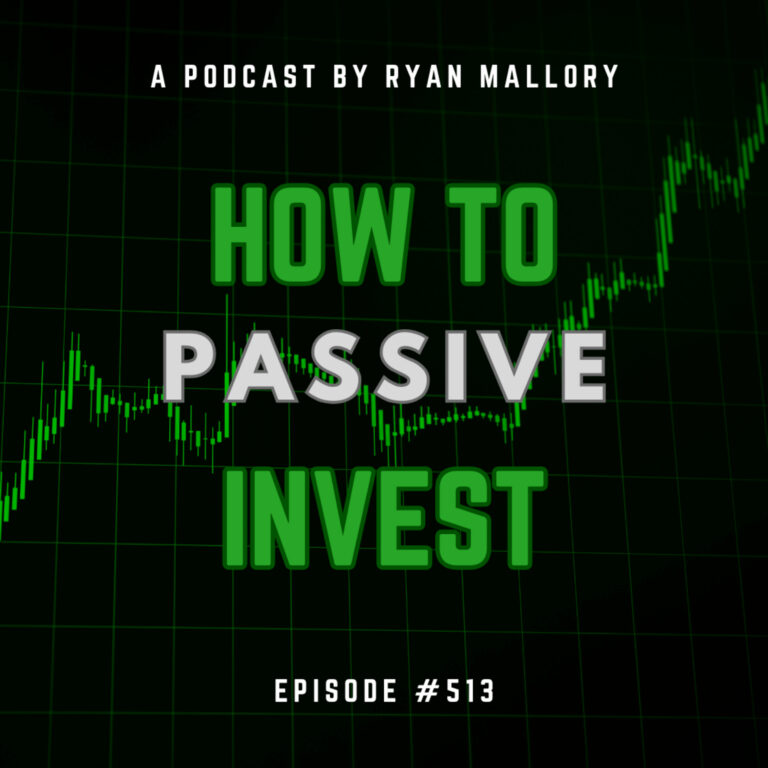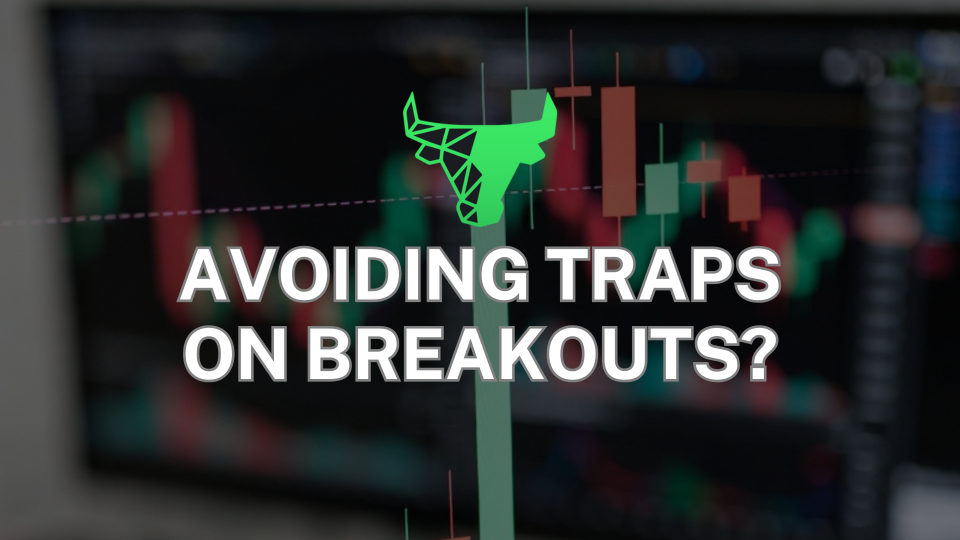
I’ve been a loser many times in my trading career. Sometimes I come to that realization after merely stepping outside my office for some fresh air and returning just five minutes later. Other times in my career, I have had the official “aha” moment where newly discovered trading habits negate months worth of practice.
I’ve composed a simple checklist in case you’re not sure if you might be a loser. Remember, it’s okay to be a loser in certain aspects that make up your trading persona. Work on an evaluation process that allows you to adjust to the ever changing markets.
1. Every trade you make is based on a guru. Before you think of me as a hypocrite, recall that I do run a live trading room; but unlike some, my focus is actually on the education and mastery of day trading. When you follow a guru, human nature tends to make us want to engineer trades by creating our own trading methods based on someone else’s picks. Overtime, this becomes a failing method. Subsequently, more emphasis should be placed on personal stock analysis.
2. You could be over trading. The current market is giving about two to three strong trends per day, so opportunities have been limited lately. Ask yourself if the quantity of trades per day matches your trade style. Are your targets viable to the number of trades you are making?
3. Are your positions too correlated? Depending on how many positions you have at once, you are either net long or short. What is the correlation to the market of your holdings? Do you know ways to measure correlation? If not, you might be a loser.
4. Do you have better odds playing Black Jack? If you are in trading for the thrill, it will be next to impossible to create a career out of trading. If you receive an emotional high when entering the trade, it’s a good sign to take a step back and evaluate the reasons you are trading. You might be just as well off hitting the tables. At least you would get free alcohol.
5. You think in terms of absolutes. You can always have a good confidence level based on the familiarity of a trade. However, the reality is to attempt and think in rational terms and dismiss all or nothing thinking. Trading decisions should entail ideas of expectancy and of probability. Saying things such as, “I know this stock is going back to ten dollars,” or “this stock will double by the end of the month,” are for losers.

Welcome to Swing Trading the Stock Market Podcast!
I want you to become a better trader, and you know what? You absolutely can!
Commit these three rules to memory and to your trading:
#1: Manage the RISK ALWAYS!
#2: Keep the Losses Small
#3: Do #1 & #2 and the profits will take care of themselves.
That’s right, successful swing-trading is about managing the risk, and with Swing Trading the Stock Market podcast, I encourage you to email me (ryan@shareplanner.com) your questions, and there’s a good chance I’ll make a future podcast out of your stock market related question.
Passive investing can be a great source of funds for retirement and for building a nest egg. In this podcast episode, a husband and wife asks Ryan's thoughts on building a SPY position on just $2/day. While consistent building a nest egg, is great, the timing and strategy in doing so is just as important.
Be sure to check out my Swing-Trading offering through SharePlanner that goes hand-in-hand with my podcast, offering all of the research, charts and technical analysis on the stock market and individual stocks, not to mention my personal watch-lists, reviews and regular updates on the most popular stocks, including the all-important big tech stocks. Check it out now at: https://www.shareplanner.com/premium-plans
📈 START SWING-TRADING WITH ME! 📈
Click here to subscribe: https://shareplanner.com/tradingblock
— — — — — — — — —
💻 STOCK MARKET TRAINING COURSES 💻
Click here for all of my training courses: https://www.shareplanner.com/trading-academy
– The A-Z of the Self-Made Trader –https://www.shareplanner.com/the-a-z-of-the-self-made-trader
– The Winning Watch-List — https://www.shareplanner.com/winning-watchlist
– Patterns to Profits — https://www.shareplanner.com/patterns-to-profits
– Get 1-on-1 Coaching — https://www.shareplanner.com/coaching
— — — — — — — — —
❤️ SUBSCRIBE TO MY YOUTUBE CHANNEL 📺
Click here to subscribe: https://www.youtube.com/shareplanner?sub_confirmation=1
🎧 LISTEN TO MY PODCAST 🎵
Click here to listen to my podcast: https://open.spotify.com/show/5Nn7MhTB9HJSyQ0C6bMKXI
— — — — — — — — —
💰 FREE RESOURCES 💰
— — — — — — — — —
🛠 TOOLS OF THE TRADE 🛠
Software I use (TC2000): https://bit.ly/2HBdnBm
— — — — — — — — —
📱 FOLLOW SHAREPLANNER ON SOCIAL MEDIA 📱
*Disclaimer: Ryan Mallory is not a financial adviser and this podcast is for entertainment purposes only. Consult your financial adviser before making any decisions.




